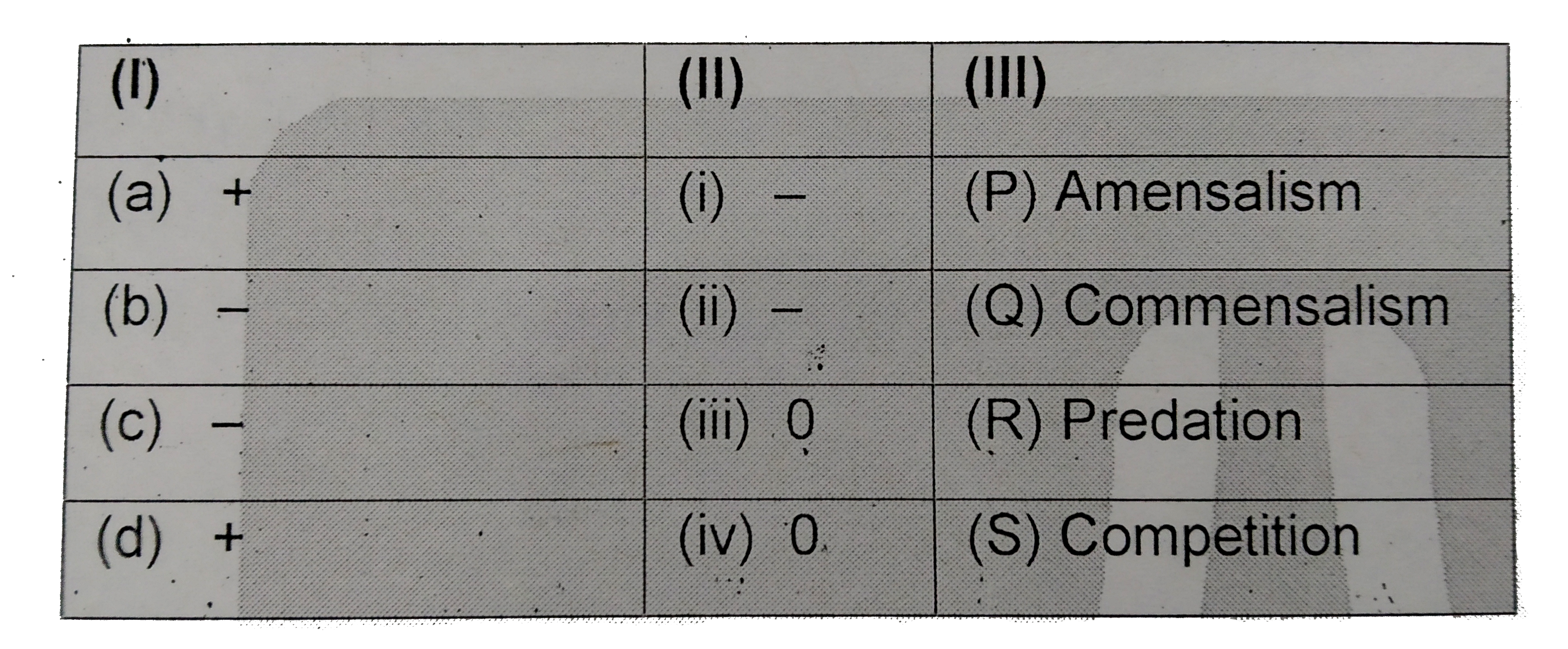select in correct match wrt hormone of gastro intestinal tract
GIP- stimulates gastric juice section
CCK- target both pancreas and gall bladder
gastrin- stimulates HCI and Pepsinogen secretion
Secretin- Stimulates secretions from exocrine part of pancreas
To solve the question regarding the correct match with respect to the hormones of the gastrointestinal tract, we will analyze each option provided.
1. Identify the Hormones and Their Functions:
- We need to look at the hormones mentioned: G.I.P (Gastric Inhibitory Polypeptide), Cholecystokinin, Gastrin, and Secretin.
2. Evaluate the First Option (G.I.P):
- The first option states that G.I.P stimulates the secretion of gastric juice.
- Fact Check: G.I.P actually inhibits gastric juice secretion.
- Conclusion: This option is incorrect.
3. Evaluate the Second Option (Cholecystokinin):
- The second option states that Cholecystokinin targets both the pancreas and gallbladder.
- Fact Check: Cholecystokinin primarily stimulates the gallbladder to release bile and also stimulates the pancreas to secrete digestive enzymes, but it is more focused on fat digestion.
- Conclusion: This option is misleading as it does not accurately represent its primary function.
4. Evaluate the Third Option (Gastrin):
- The third option states that Gastrin stimulates the secretion of HCl (hydrochloric acid) and Pepsinogen.
- Fact Check: Gastrin is produced by G-cells in the stomach and indeed stimulates parietal cells to secrete HCl and chief cells to secrete Pepsinogen.
- Conclusion: This option is correct.
5. Evaluate the Fourth Option (Secretin):
- The fourth option states that Secretin stimulates secretions from the exocrine part of the pancreas.
- Fact Check: Secretin primarily regulates the secretion of bicarbonate from the pancreas, not digestive enzymes.
- Conclusion: This option is incorrect.
Final Conclusion:
After evaluating all options, the correct match is Option 3: Gastrin stimulates the secretion of HCl and Pepsinogen.
- We need to look at the hormones mentioned: G.I.P (Gastric Inhibitory Polypeptide), Cholecystokinin, Gastrin, and Secretin.
- The first option states that G.I.P stimulates the secretion of gastric juice.
- Fact Check: G.I.P actually inhibits gastric juice secretion.
- Conclusion: This option is incorrect.
- The second option states that Cholecystokinin targets both the pancreas and gallbladder.
- Fact Check: Cholecystokinin primarily stimulates the gallbladder to release bile and also stimulates the pancreas to secrete digestive enzymes, but it is more focused on fat digestion.
- Conclusion: This option is misleading as it does not accurately represent its primary function.
- The third option states that Gastrin stimulates the secretion of HCl (hydrochloric acid) and Pepsinogen.
- Fact Check: Gastrin is produced by G-cells in the stomach and indeed stimulates parietal cells to secrete HCl and chief cells to secrete Pepsinogen.
- Conclusion: This option is correct.
- The fourth option states that Secretin stimulates secretions from the exocrine part of the pancreas.
- Fact Check: Secretin primarily regulates the secretion of bicarbonate from the pancreas, not digestive enzymes.
- Conclusion: This option is incorrect.
After evaluating all options, the correct match is Option 3: Gastrin stimulates the secretion of HCl and Pepsinogen.
Topper's Solved these Questions
Similar Questions
Knowledge Check
Select the correct match
 Aa - iv Q, b - iii P, c - ii S, d - i RBa - i Q, b - ii P, c - iii S, d - iv - RCa - i Q, b - iii P, c - ii S, d - iv RDa - iv Q, b - ii P, c - iii S, d - i - R
Aa - iv Q, b - iii P, c - ii S, d - i RBa - i Q, b - ii P, c - iii S, d - iv - RCa - i Q, b - iii P, c - ii S, d - iv RDa - iv Q, b - ii P, c - iii S, d - i - RSelect the correct match
AQuiescent phase-G2 phaseBSynthesis phase-G1 phaseCCentromere splittting -AnaphaseDChromosomal condensation-TelophaseSelect the correct match :
ATH Morgan - TransductionBF2× Recessive parent - Dihybrid crossCRibozymes - Nucleic acidDG Mendel - Transformation